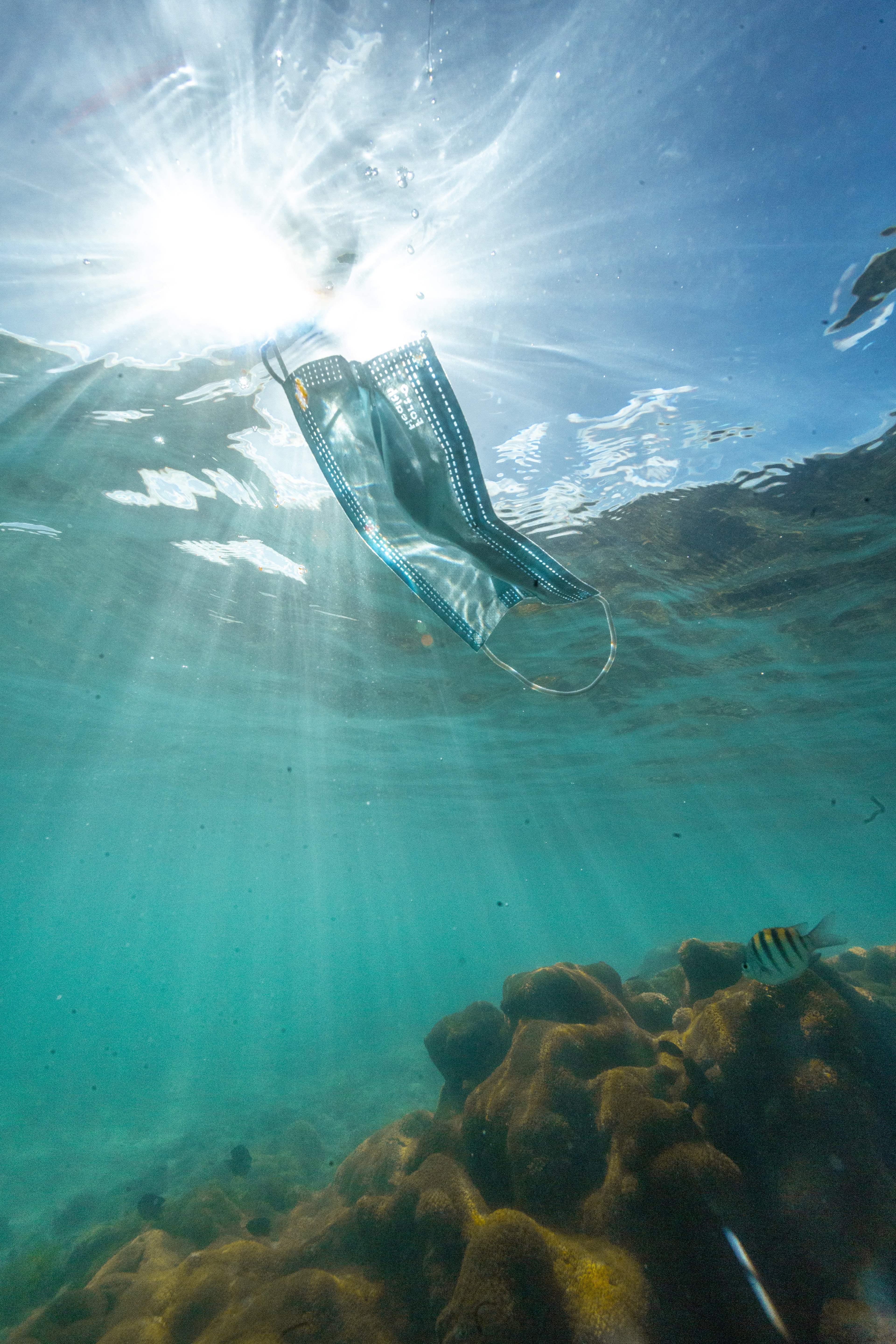World Environment Day, observed annually on June 5th, serves as a global platform to raise awareness about environmental issues and promote positive actions to protect our planet.
Established by the United Nations in 1972, this significant day encourages individuals, communities, and governments worldwide to take collective responsibility and foster sustainable practises. As we navigate the challenges of a rapidly changing world, World Environment Day reminds us of the urgent need to safeguard our environment for current and future generations.
Each year, World Environment Day is celebrated with a unique theme that highlights a pressing environmental concern. The theme for 2023 is “Solutions to Plastic Pollution”. For us at Habit Action we are committed this year to doing our best help prevent plastic pollution and, getting involved by doing our bit to help the environment as we realise this is one of the most crucial ongoing problems this world struggles with.
Plastic pollution has emerged as one of the most pressing environmental challenges of our time. From polluting our oceans to endangering wildlife and compromising human health, the detrimental effects of plastic waste are undeniable. On this year’s World Environment Day, we explore innovative approaches and collective actions that can help us tackle this global crisis and pave the way toward a cleaner and more sustainable future.
Understanding the problem:
Plastic pollution has reached alarming levels, with an estimated 8 million tons of plastic waste entering our oceans every year. Single-use plastics, such as plastic bags, bottles and straws, contribute significantly to this problem. They take hundreds of years to decompose, causing long-lasting harm to ecosystems and biodiversity. Microplastics, tiny particles that result from the breakdown of larger plastics, have also become a major concern as they permeate our water, air, and even food.

Promoting Sustainable Alternatives:
To combat plastic pollution, it is essential to prioritize sustainable alternatives and reduce our reliance on single-use plastics. Here are some solutions that can make a significant impact:
- Encouraging Behavioural Change: Raising awareness and educating individuals about the consequences of plastic pollution can drive behavioural change. By promoting reusable bags, bottles, and cutlery, and encouraging recycling practises, we can collectively reduce plastic waste.
- Implementing Plastic Bag Bans and Levies: Many countries and cities have successfully implemented plastic bag bans or levies, which have resulted in significant reductions in plastic bag usage. Such measures encourage the adoption of reusable bags and promotes sustainable consumer habits.
- Promoting Extended Producer Responsibility: Governments and businesses can play a pivotal role in reducing plastic pollution by adopting extended producer responsibility (EPR) programs. EPR holds producers accountable for the entire lifecycle of their products, including their collecting and recycling. This approach encourages the development of eco-friendly packaging and incentives companies to adopt sustainable practises.
- Investing in Research and Innovation: Continued research and investment in innovative technologies are crucial to finding sustainable alternatives to plastic. This includes exploring biodegradable materials, promoting the use of plant-based plastics, and supporting initiatives that develop circular economy models for plastic products.
- Strengthening Waste Management Infrastructure: Effective waste management systems are essential for preventing plastic waste from entering the environment. Governments must invest in robust recycling facilities, promote waste segregation at source, and establish partnerships with the private sector to ensure proper plastic waste management.
- Engaging Businesses and Industries: Collaboration with businesses and industries is vital to drive sustainable practices and reduce plastic pollution. Encouraging the use of sustainable packaging, supporting eco-design principles, and fostering responsible waste management can create a significant positive impact.

Plastic pollution poses a severe threat to our environment and demands urgent action. The theme for this year’s World Environment Day, “Solutions to Plastic Pollution,” calls for collective efforts to address this global crisis. By promoting sustainable alternatives, implementing effective policies, investing in research, and fostering collaboration, we can mitigate the impact of plastic pollution and move towards a cleaner and more sustainable future.
On this World Environment Day, let us commit to reducing our plastic footprint and inspire others to join the movement for a plastic-free planet.
Remember, every step we take towards eliminating plastic pollution is a step closer to preserving the beauty and integrity of our natural world for generations to come.

